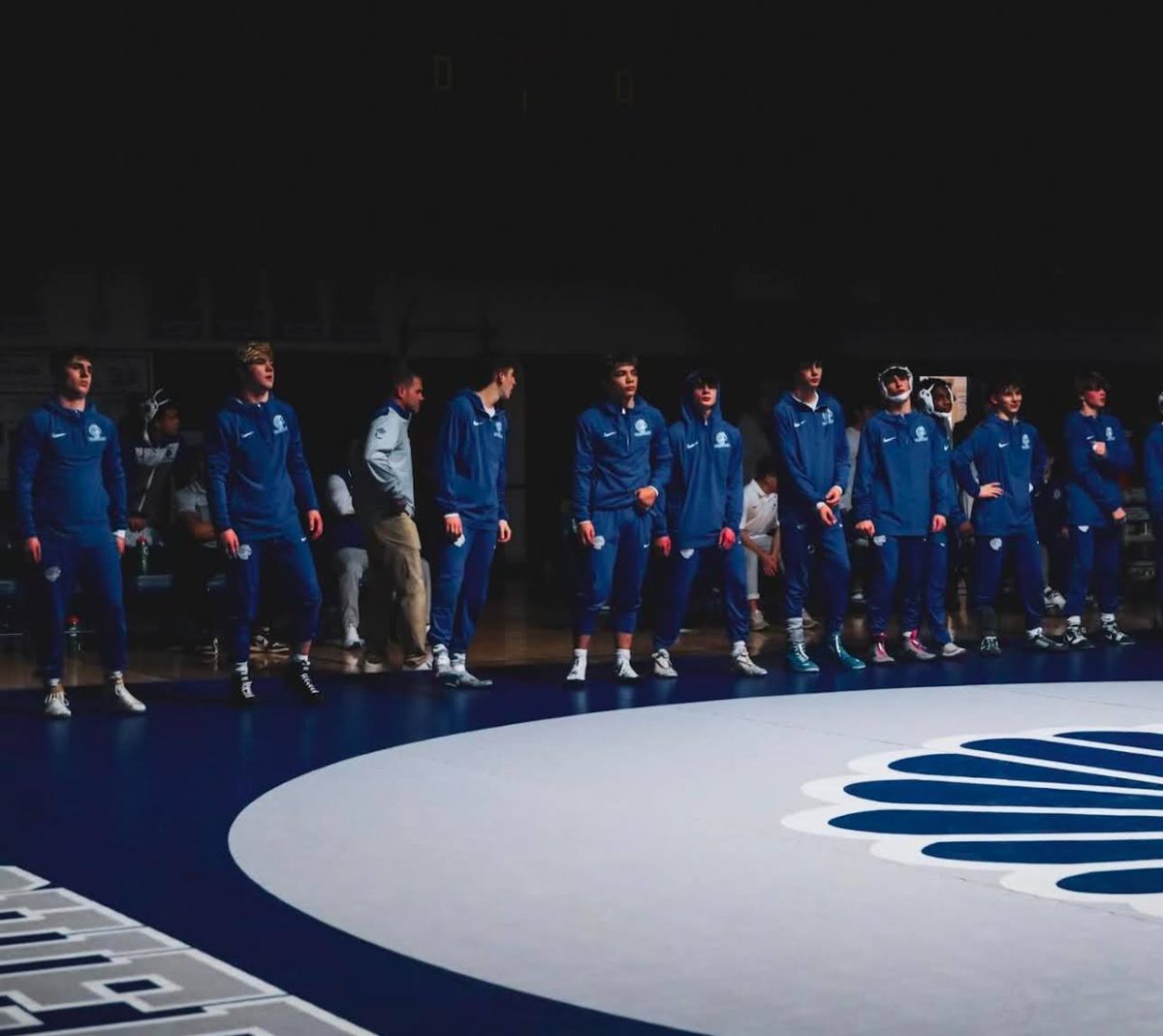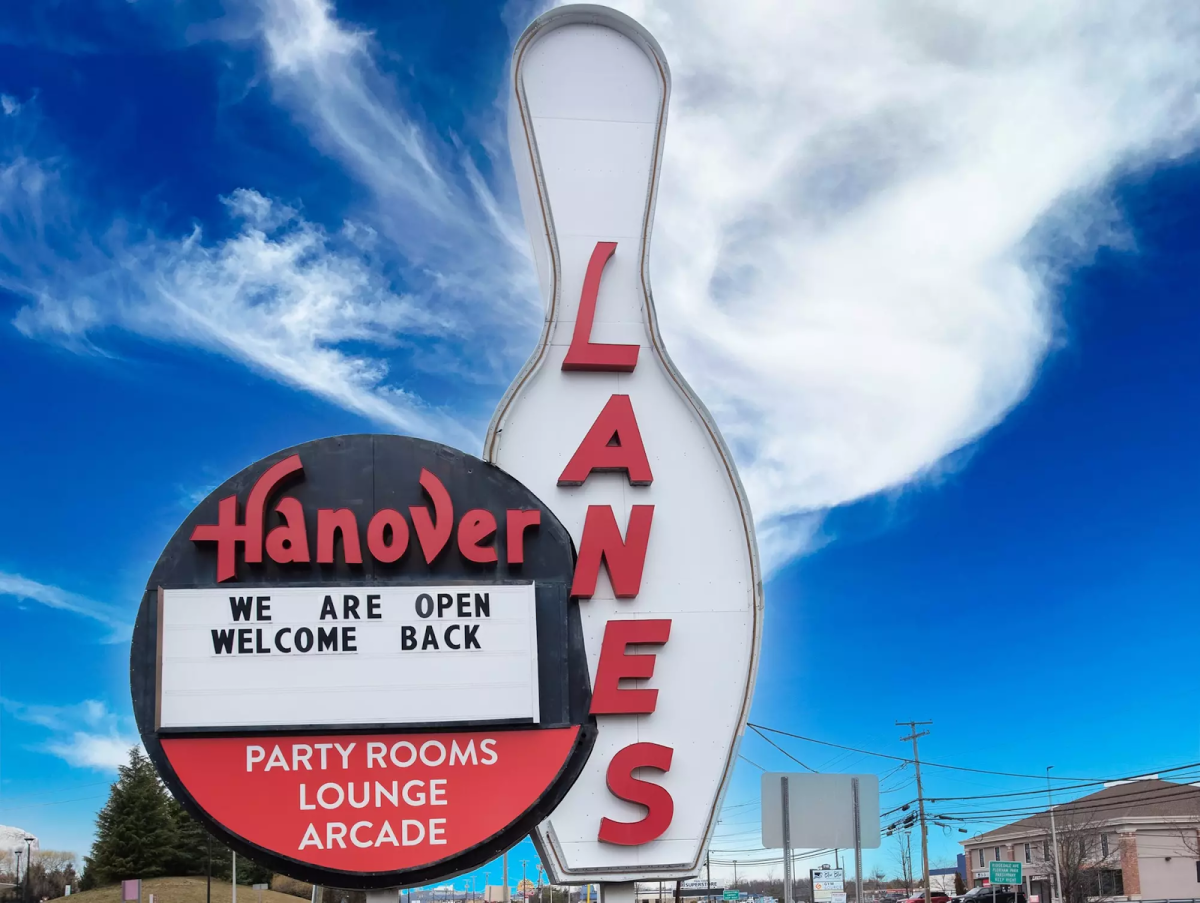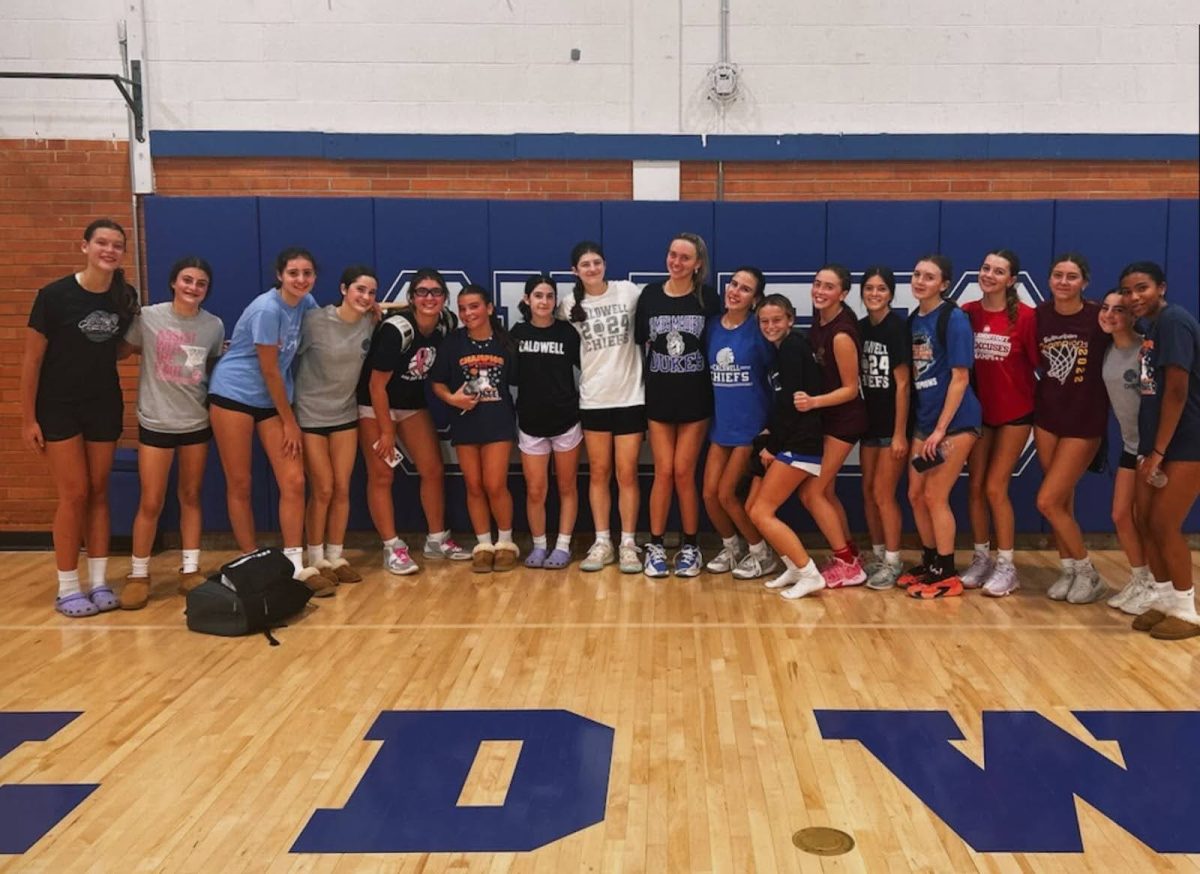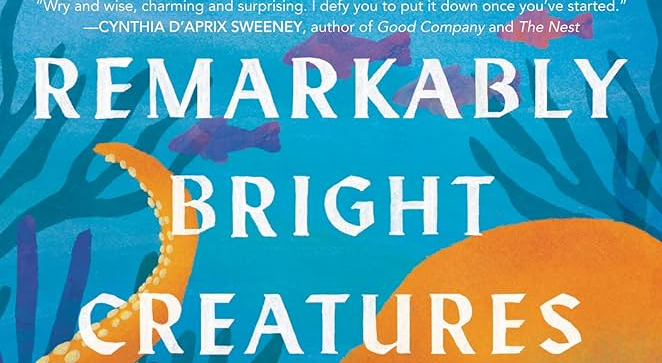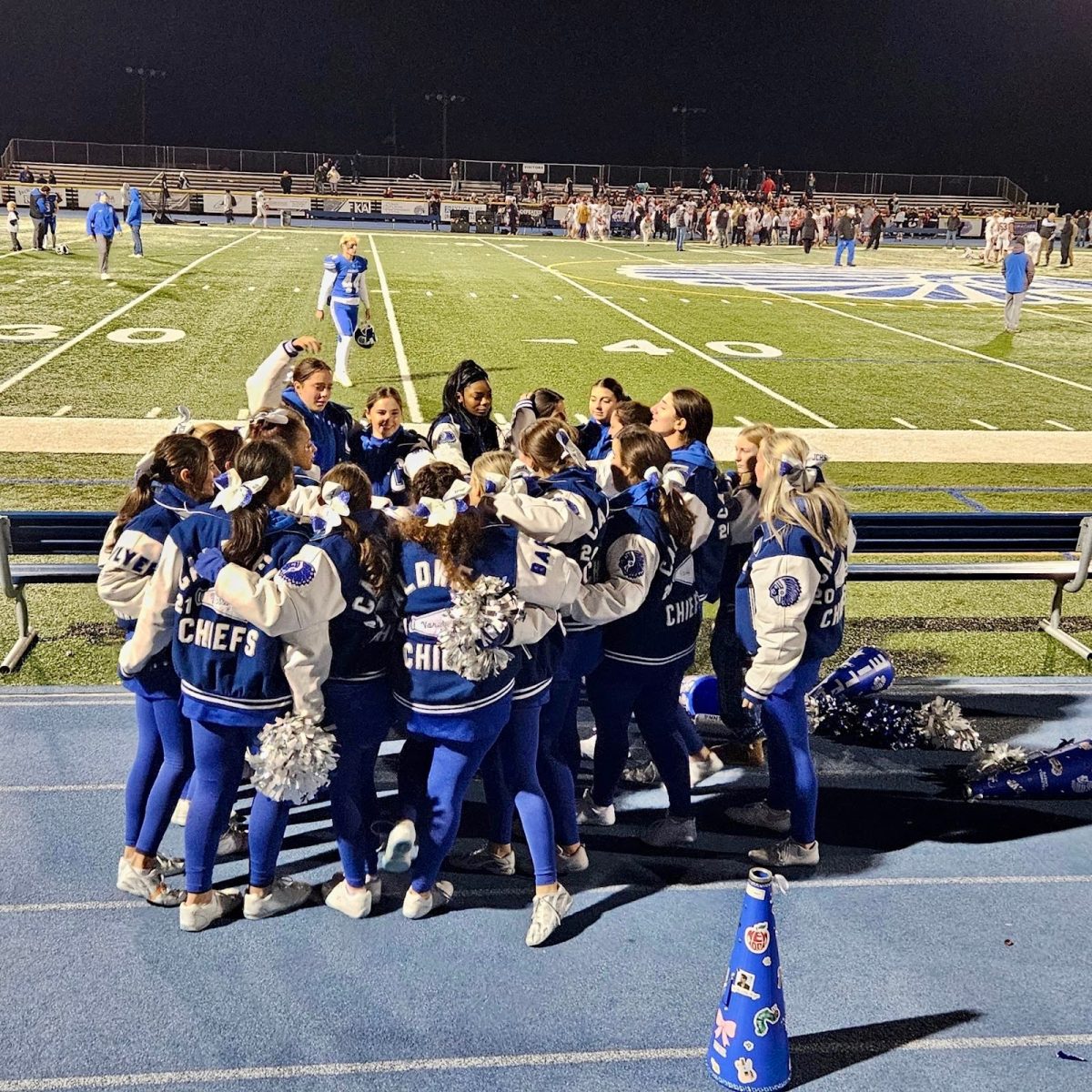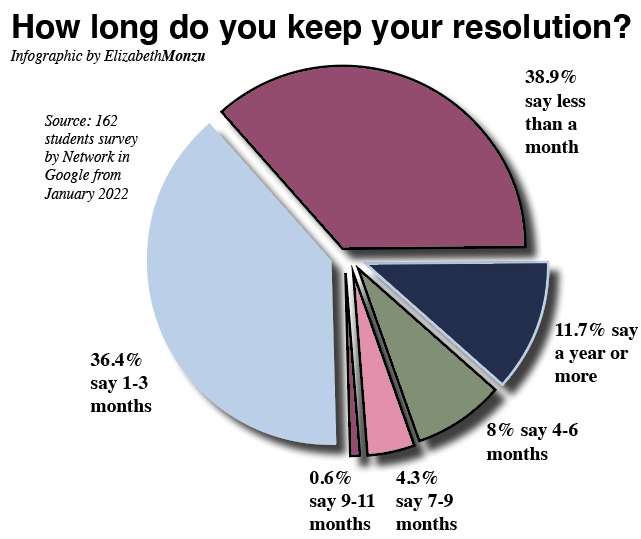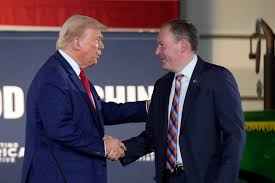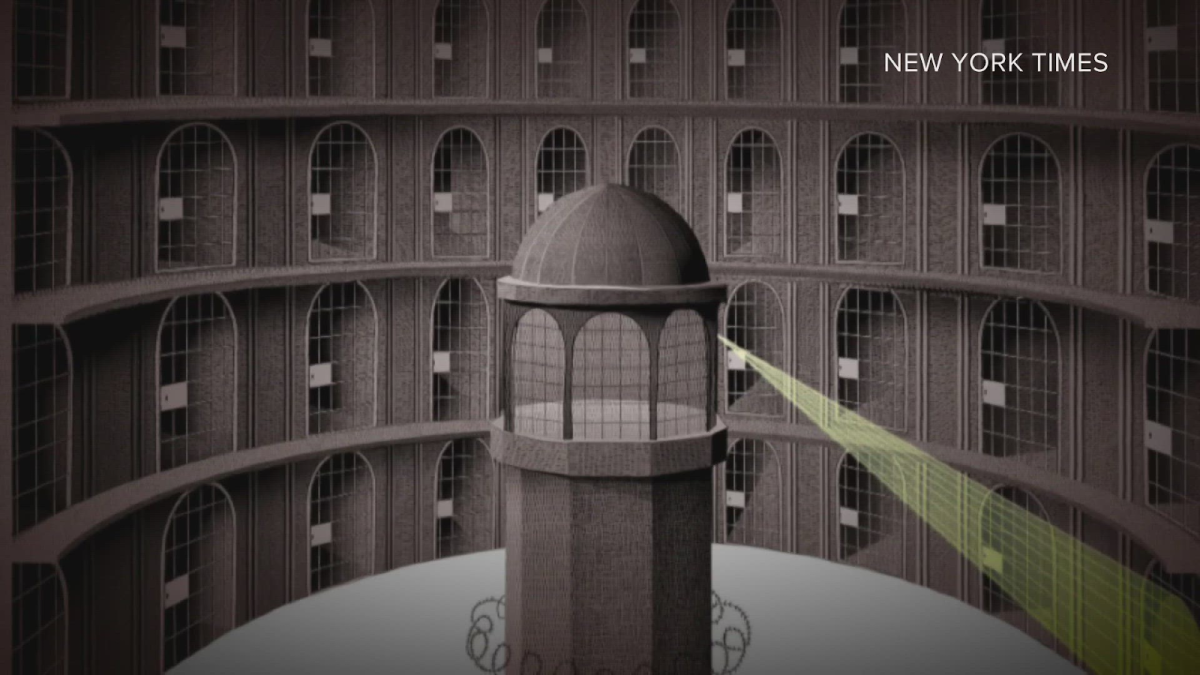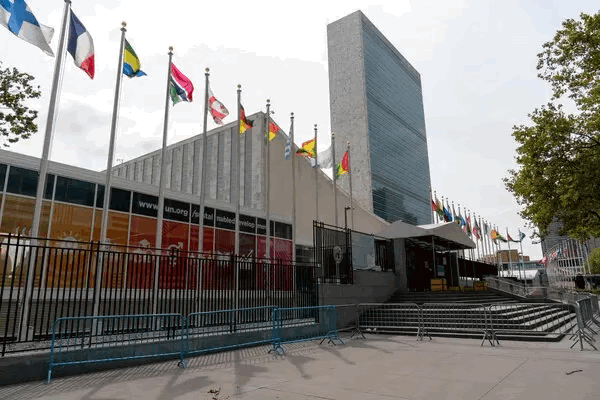
Photo credits to New York Times: Mary Altaffer/Associated Press
Once a year in September, ambassadors from all 193 countries recognized by the United Nations get together at UN Headquarters for the opening of the General Assembly. This is a special annual session where world leaders can deliver speeches, debate global issues, and congregate to resolve the most pressing conflicts and challenges around the world. This year, the General Assembly’s “High Level” week ran from September 20-27 in New York City. All eyes were on the leaders from the Middle East, and how they would react to each other given the escalating conflicts in their home countries. The theme “Summit of the Future” was welcomed by many but also met with some concern– especially since the United Nations is often criticized for excluding ordinary people from participating in this important process of making decisions about policies.
Global Youth Action
There are many people who are not government officials but still care very much about global issues, from climate change to peace to the impact of AI. Many of them are young people, and there are organizations who work in partnership with the United Nations to meet outside of headquarters during General Assembly Week in a “parallel session”. They give UN policymakers a summary of what was discussed by the week’s end, and hope their ideas are considered. I was lucky enough to be invited to one of these parallel sessions organized by a global organization called International Youth Conference (IYC). IYC believes young people are actually the key to real change, and is supported by departments of the United Nations like UN Habitat and UN Civil Society.
IYC 10
As an IYC Youth Delegate, I attended panels on the role of young people in diplomacy and peaceful resolutions of world conflict. I also learned about teens who are pressuring their local governments to do more to stop climate change. For example, Lea Dielissen, 17, started Straight to 8, a non-profit organization focused on the 8th Sustainable Development Goal for “decent work and economic growth”. To Dielissen, this means striving to support inclusive economic growth by doing things like promoting small businesses, shopping local, and thinking twice about over-consuming. “Sure,” Dielissen said in response to a question about whether it is effective for young people to write their government representatives. “[But] working for your community is often overlooked and it does make a lot of impact on a person on a personal level – sometimes more.” She suggested the best ways to make change within your own community are by volunteering and even running and voting in school elections.
What Can I Do at JCHS?
Although it can feel impossible to change world politics and even overwhelming to get involved with community service, there are several clubs at JCHS that can help you get started. Clubs like the JCHS Key Club, Interact, and the Environmental Protection Club are just three of many whose mission it is to provide a link between our school community and the greater Caldwell-West Caldwell area. Our students from the Key Club and Future Business Leaders of America were out there during the Caldwell Street Fair, for example, collecting donations and helping with fair logistics. Student council elections are coming up October 18, and you don’t need to run to be involved. Learning about all the candidates, understanding the issues within our school, and even voting can be important ways to participate.
Organizations like the International Youth Conference are correct in that youth are the key to the future. Their mission is to push for youth involvement in reaching all Sustainable Development Goals set by the United Nations, but it is also important to advocate for and get involved with your own community, especially here at JCHS.
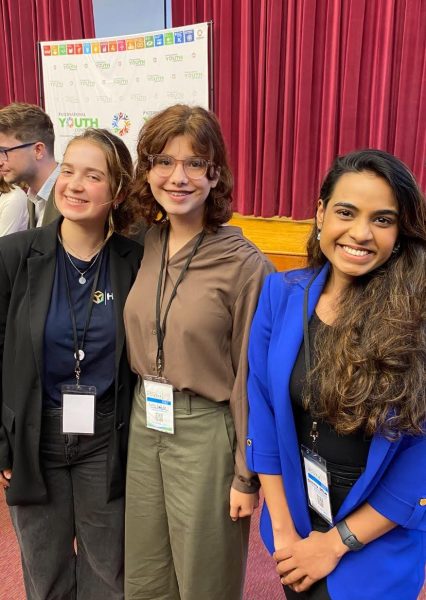
Lea Dielissen (left), Lucy Sandor (center), and Sushmita Shekar (right) after the Strengthening Meaningful Youth Participation at National Levels Panel September 27, 2024







